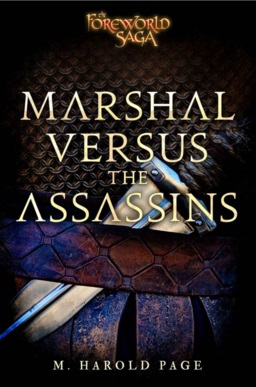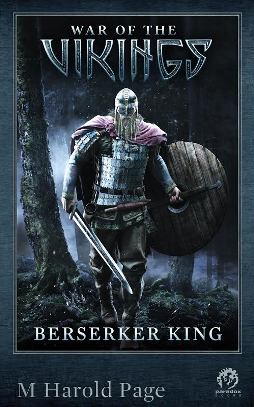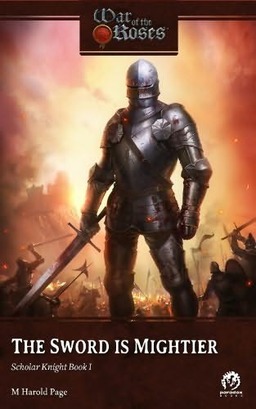Big Magic in a Business Suit

So I am doing a historical project for a client. I’ve done this before several times now: “12th century and mystic conspiracy stuff — Go!”
How does this chime with Elizabeth “Eat, Love, Pray” Gilbert’s Big Magic that was all about; “Be serious about having fun being creative but don’t burden it or yourself by taking it too seriously or expecting too much from it”?
What happens when your creativity becomes a serious thing because (a) people are paying you for it, and (b) you are using it to pay other people (like shops that sell food your children eat)? What happens when you are (c) doing it to order?
In my case we’re talking writing fiction. In other cases it could be sword fighting (I know several people who do this professionally), writing, costuming, dancing, burlesque…(we know who you are).
How do you play for money?

You need to do some mental judo.
It’s all very well saying, “Don’t take your creativity too seriously” — thanks Elizabeth — but if people are paying you for it then it feels like it should be serious. You’re dragged in two toxic directions: you may start getting serious and thus losing the fun; or you may suffer from appalling imposter syndrome because you aren’t serious enough.
Either way, that makes the actually creating harder, which is a real problem if you are paying for something serious with your creative work.
When your finances rely on your creativity, then you risk being the equivalent of one of those Youtube parents: “Quick kid, do something spontaneous and cute! Daddy and Mommy need more hits to pay for the new car…”
Success can fix all this. But you can’t rely on this. The trick then is to make a distinction between your Creative Self and your Professional Self.
Your Professional Self enables your Creative Self to play by doing all the non-playful tasks. It establishes space for you to play, handles the practicalities and undertakes the gruelling business of quality control — i.e. for writers, editing — marketing and other grown up stuff.

That’s hard work. (If writers were paid just for editing, we’d still have a poor hourly rate, by the way.) That means you can tell yourself that you really are earning your crust. And if you feel pushed to work harder, you can put more effort into the professional stuff because that usually brings short term dividends.
Meanwhile your Creative Self operates in that space you established. You don’t really need discipline to make you work so much as discipline to get yourself into that space. I’m a writer so it’s all about settling into my study and putting on music, and not being derailed by household tasks and phone calls. Other people have different needs and rituals.
This mental judo doesn’t just to enable you to work creatively. It also enables you to sell your work.
To the outside — i.e. potentially cheque-wielding — world your final product is an actual product and — as quite rightly pointed out by a commenter on my review — in your dealings with that world, you need to treat it like that. You need to honor your commitments and deliver on time. You need to have focussed, pragmatic conversations with the people who might pay you. You need to turn up prepared.
That’s not too hard when you are selling a completed work. It’s a little harder when you’re doing something to order: “Viking York — GO!” That can easily feel like hard work.
The discipline then is in reminding yourself that it’s not hard work. That somebody just offered you money to — say — wallow around in the Wars of the Roses. You also need to trust your Creative Self to then get the job done. Pull out a book with cool pictures, put on Carmina Burana and let go.
Because the world is full of wafty creative people. Some of them can manage to produce something that some people might want to pay for. However, few of them can do so in a way that dovetails with the less flashy world of commerce.
Big magic is great. But if you want paid to cast your spells, then you still have to be prepared to wear a business suit from time-to-time, or at least sound like an adult on Skype.
M Harold Page is the sword-wielding author of works of lyrical and poetic magical realism with a strong pacifist theme such as Swords vs Tanks (Charles Stross: “Holy ****!”). For his take on writing, read Storyteller Tools: Outline from vision to finished novel without losing the magic. (Ken MacLeod: “…very useful in getting from ideas etc to plot and story.” Hannu Rajaniemi: “…find myself to coming back to [this] book in the early stages.”)